SECRETS OF HAPPINESS IN DIFFERENT LANGUAGES
As you already know, the Danish word “Hygge” cannot be translated into other languages. This term encompasses a cozy feeling and well-being through enjoying the simple moments of life. The main component of Hygge is that you are feeling present and spending quality time with yourself or your loved one. Hygge is a good sensation that cannot be forced and only appears when you are doing something enjoyable.
You could experience Hygge in many ways while staying at Hygge Hotel:
- spending an autumn morning in Brussels wrapped in a warm blanket in our Cozy Room;
- enjoying our Hygge Hotel breakfast and noticing the taste while celebrating a new day;
- sitting down in one of our swing chairs in the lobby and enjoying the moment on the couch with your friends or loved ones!
Hygge is a unique phenomenon that represents the cultural secret that helps Danes to become happy. Today we would like to share with you some words that have no English equivalent and describe the concepts of joys, warm feelings, and comfort.
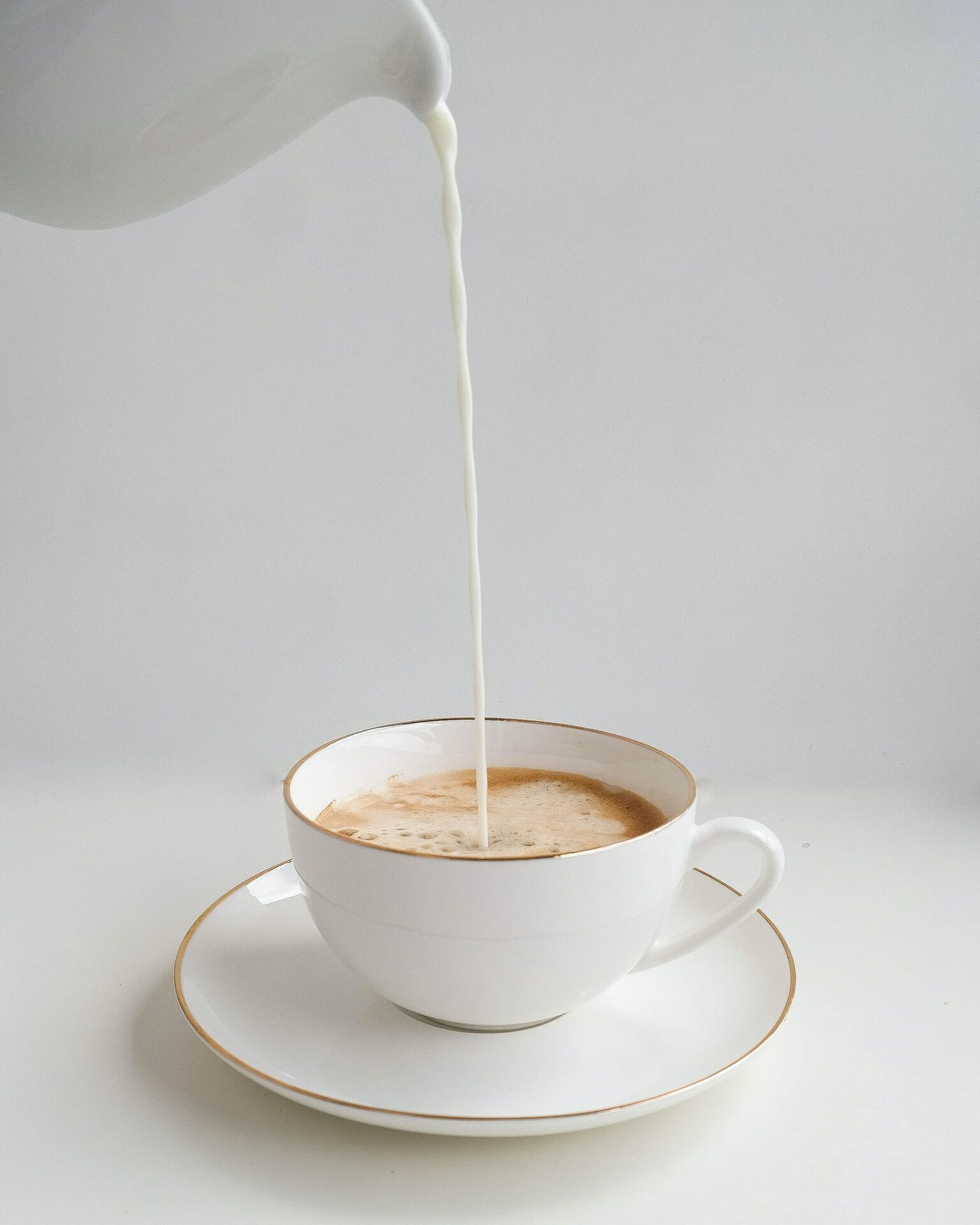

FIKA (Swedish, pronounced “fee-ka”) is a concept, state of mind, and ritual at the same time. Fika means making time for friends and colleagues to share a cup of coffee and something to eat. Swedes believe, to become happy, it is crucial to take a pause and socialize. It refreshes the mind and helps to strengthen relationships.
Fika is not just a coffee break. It is a moment to slow down and appreciate good things in life. And as long as you are brewing a good cup of coffee, eating something tasty, taking some time to have a break and enjoy the moment, you’re having a Fika.
There is plenty of cozy places in Brussels where you could try Fika and check whether it helps to become happy as Swedish people insist.
FJAKA (Croatian, pronounced “fee-ah-ka”) is the concept of relaxing the body and mind while taking pleasure in the feeling of doing nothing. It means slowing down, sinking in, and staying in the moment. Fjaka is nothing else but being in a ‘day-dreamy state’.
People in Croatia value this state very highly. They believe that Fjaka helps to cure diseases and makes them look and feel young.
What is even more valuable, Fjaka is for everyone because it is natural and easy! To get into Fjaka state, just lay down in a comfortable spot, relax, and try to enjoy your surroundings. The goal is to expel the least amount of energy, detach from worries allowing yourself and your mind to switch off. You can try Fjaka in Brussels as well while looking at the stained-glass window in our famous staircase!
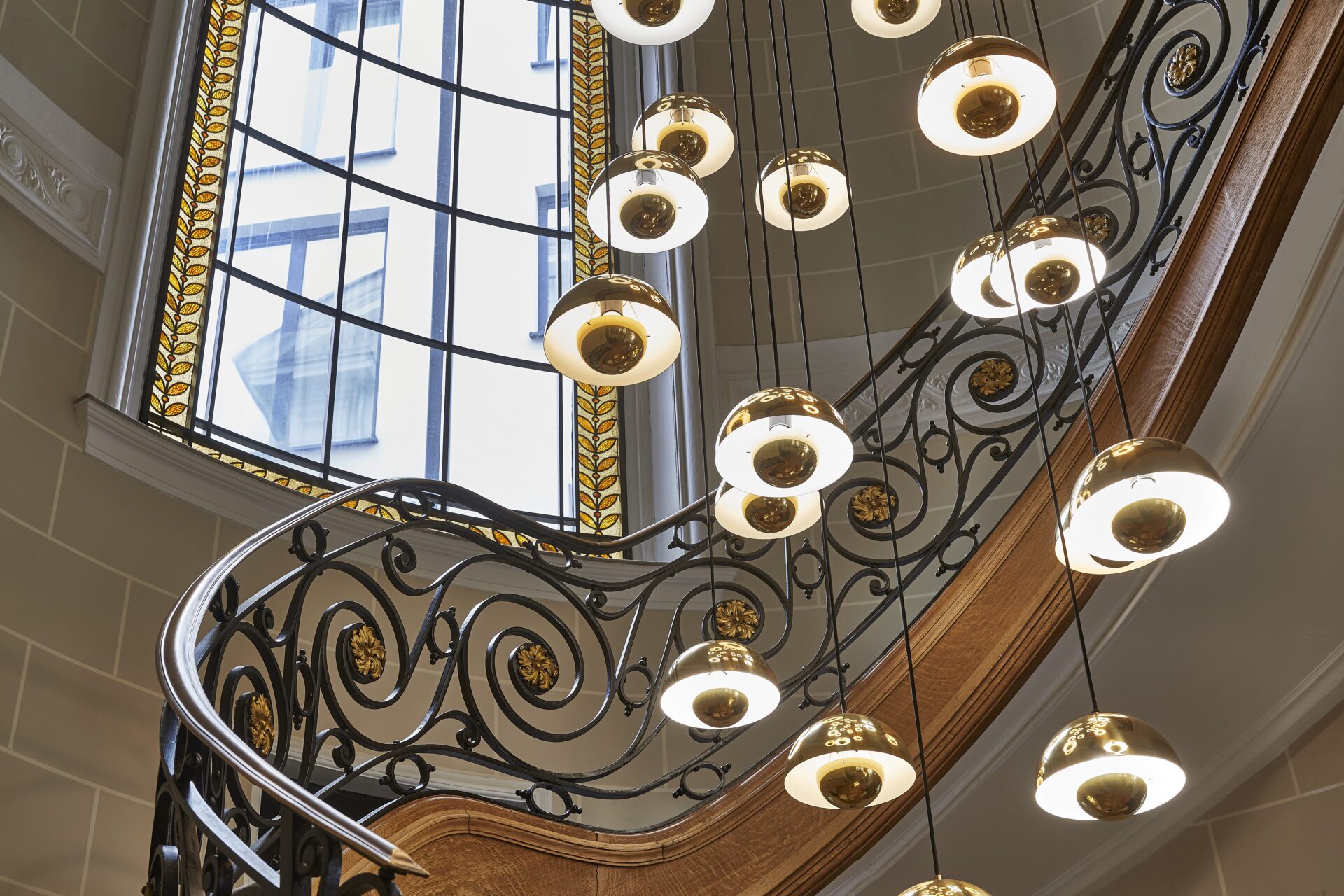
PHILOXENIA (Greek, pronounced “fee-lok-seh-nee-a”) means hosting a guest with great respect, love, and honour (what we especially love at Hygge Hotel Brussels!)
Philoxenia is much more than a warm welcome. It is an art of expressing love and friendship to people.

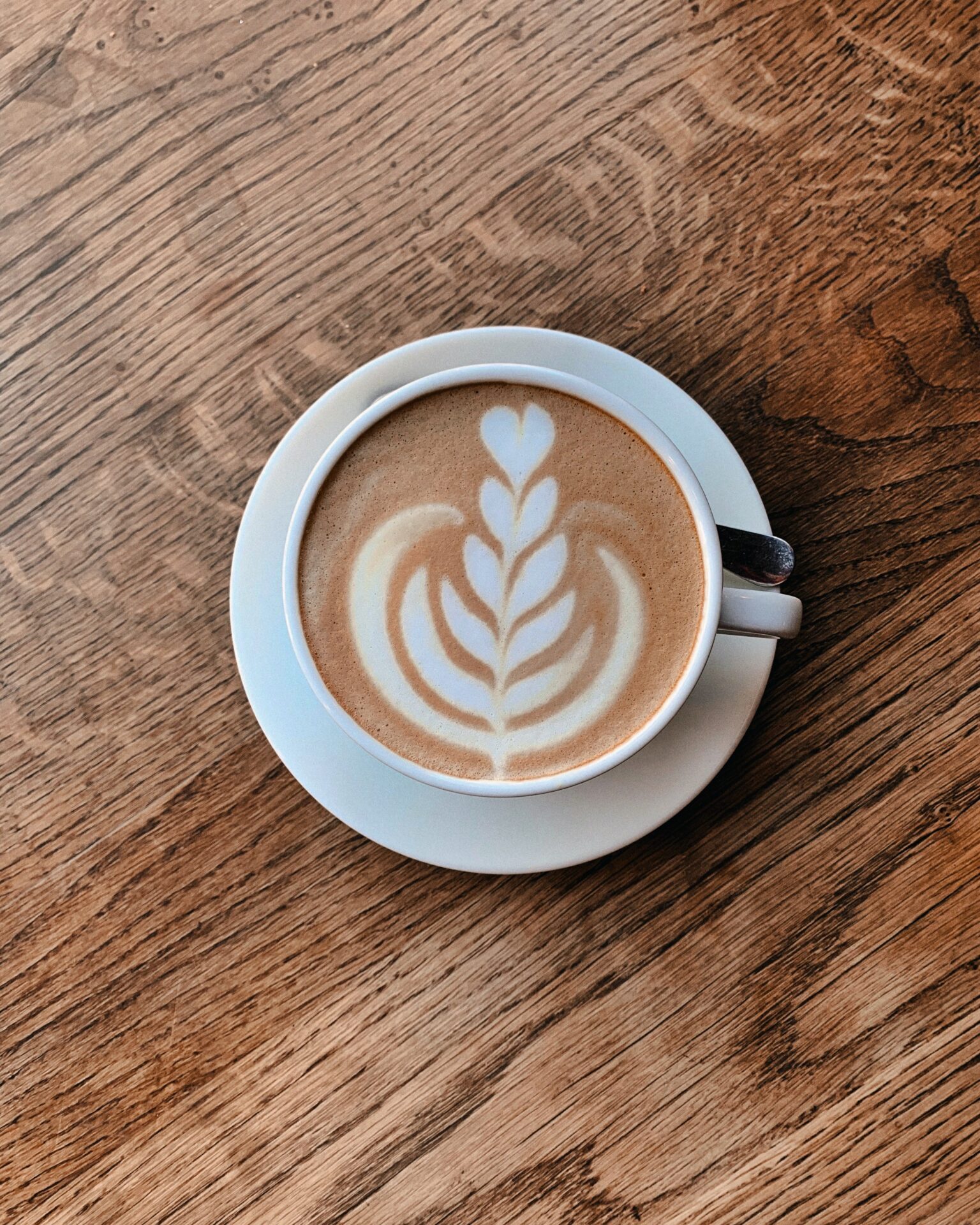
KANSO (Japanese, pronounced “can-so”) is a concept of simplicity and clarity achieved by eliminating clutter and omitting non-essential.
Japanese believe that simplifying helps to harmonize yourself with your environment and to become happy! Whether you use Kanso as a life philosophy or an interior design aesthetic, its final goal is clarity. According to Kanso, it is very important to live in an environment where everything has a particular function.
Kanso teaches us to love simple things in life. It helps to understand that things only last so long, so we should live in the moment and keep our homes (and therefore our minds) clutter-free.
To experience Kanso in Brussels, visit Yadoya Hotel offering to its guests Japanese design accommodation in the very heart of the Belgian capital!
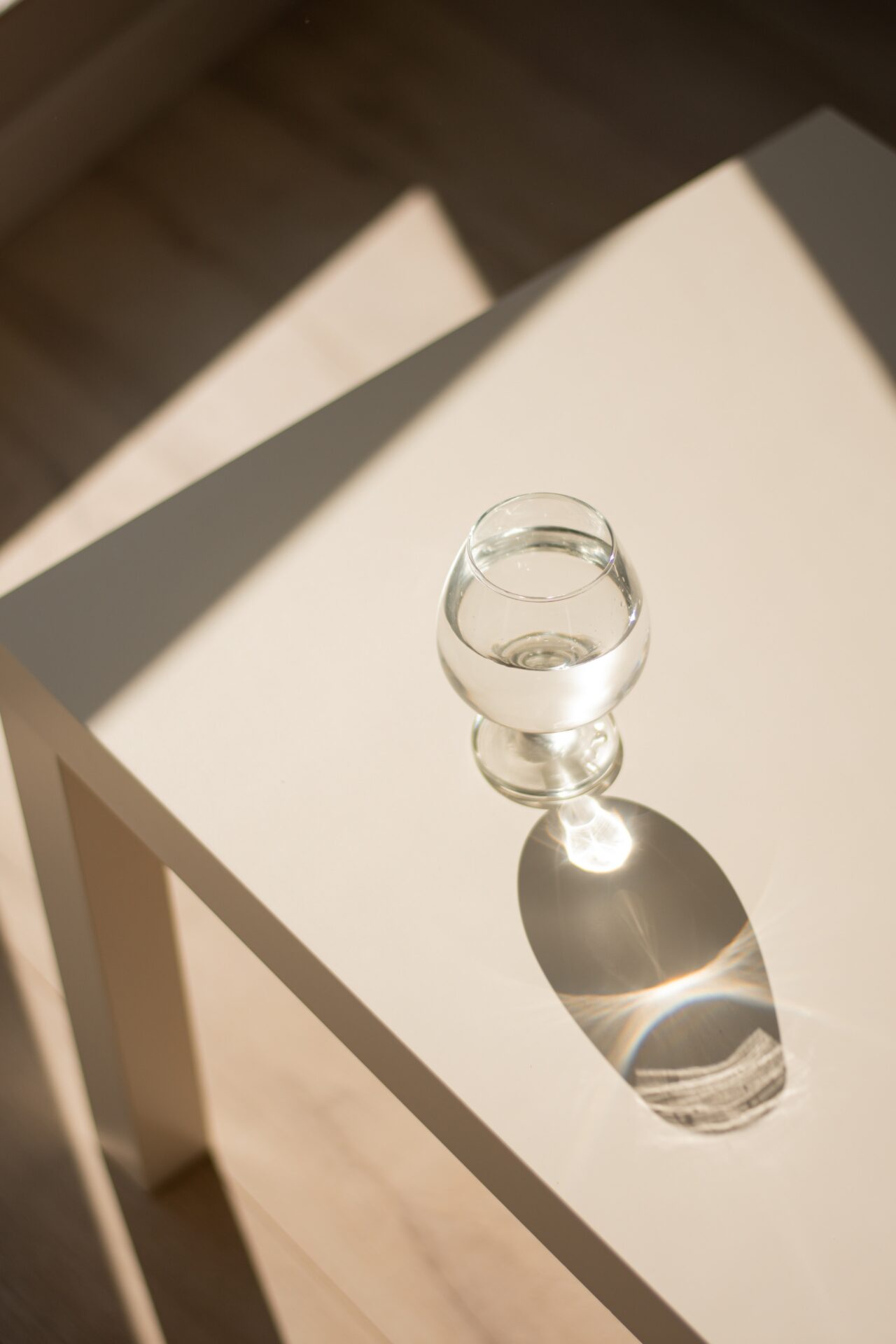
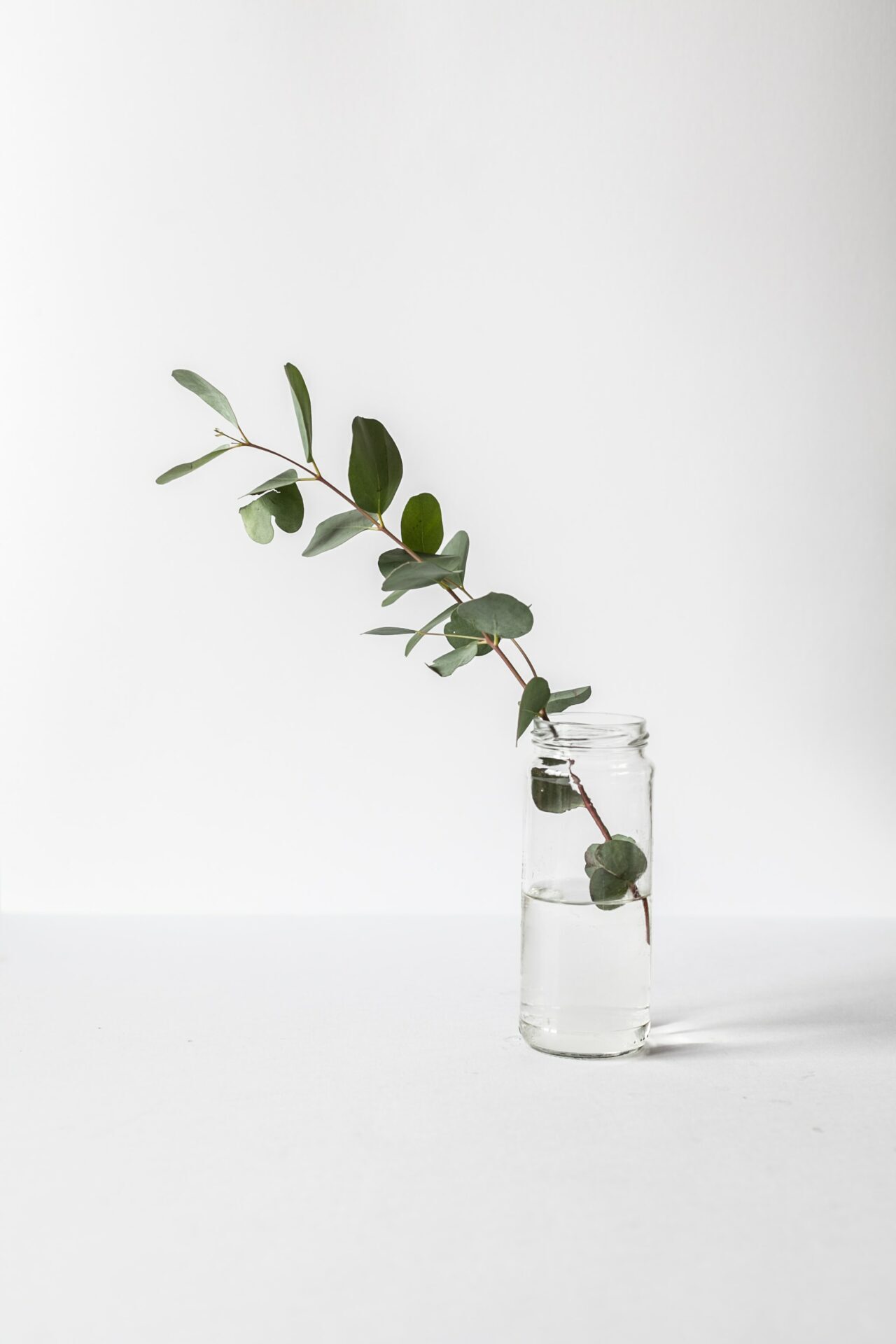
TALANOA (Fiji, pronounced “ta-lanoa”) describes the process of sharing ideas and stories of your life to increase understanding, build trustworthy relationships, and avoid conflicts between people.
There are four inevitable elements of Talanoa dialogue: love, warmth, humour, and respect. Talanoa means comprehensive conversation, which includes the sharing of skills and experiences through storytelling.
GEZELLIG (Dutch, pronounced “ge-zel-lig”) is the feeling of warmth you have when spending time with someone you love and take care of. This term encompasses everything from cozy to friendly, from comfortable to relaxing, and from amusing to enjoyable. The Dutch philosophy describes a pleasant moment in which you are catching up with old friends, loved ones, or anyone else whose presence you value.
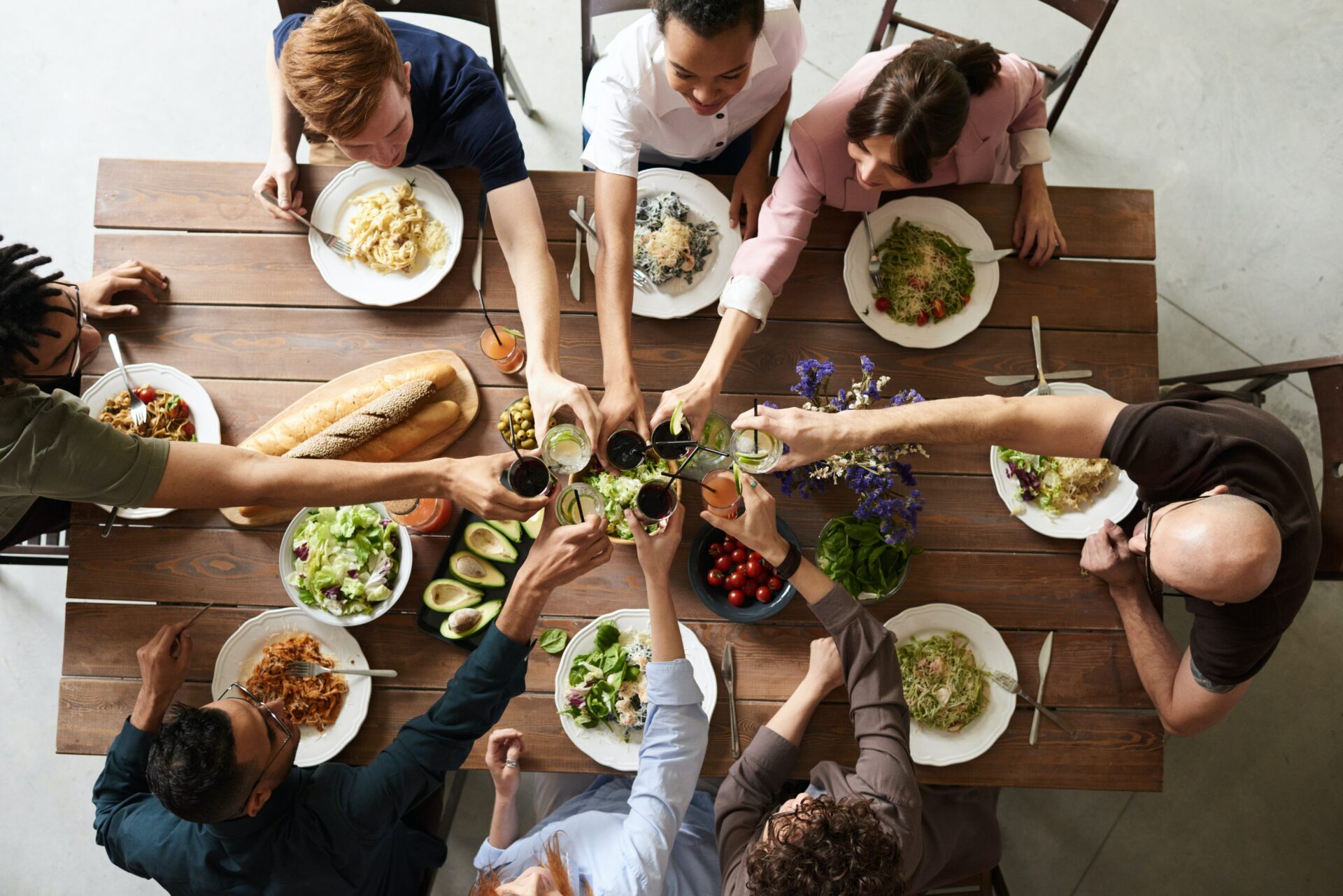
SOBREMESA (Spanish, pronounced “sobɾe-mesa”) is the time spent at the table after you finished eating. This is the time for catching up with friends or family, telling stories, and laughing away the stress. The warm atmosphere of Sobremesa often leads to interesting discoveries, new friends, and trustworthy relationships.
Sobremesa is an inevitable part of Spanish culture, an essential part of a good repast as well as the food itself.
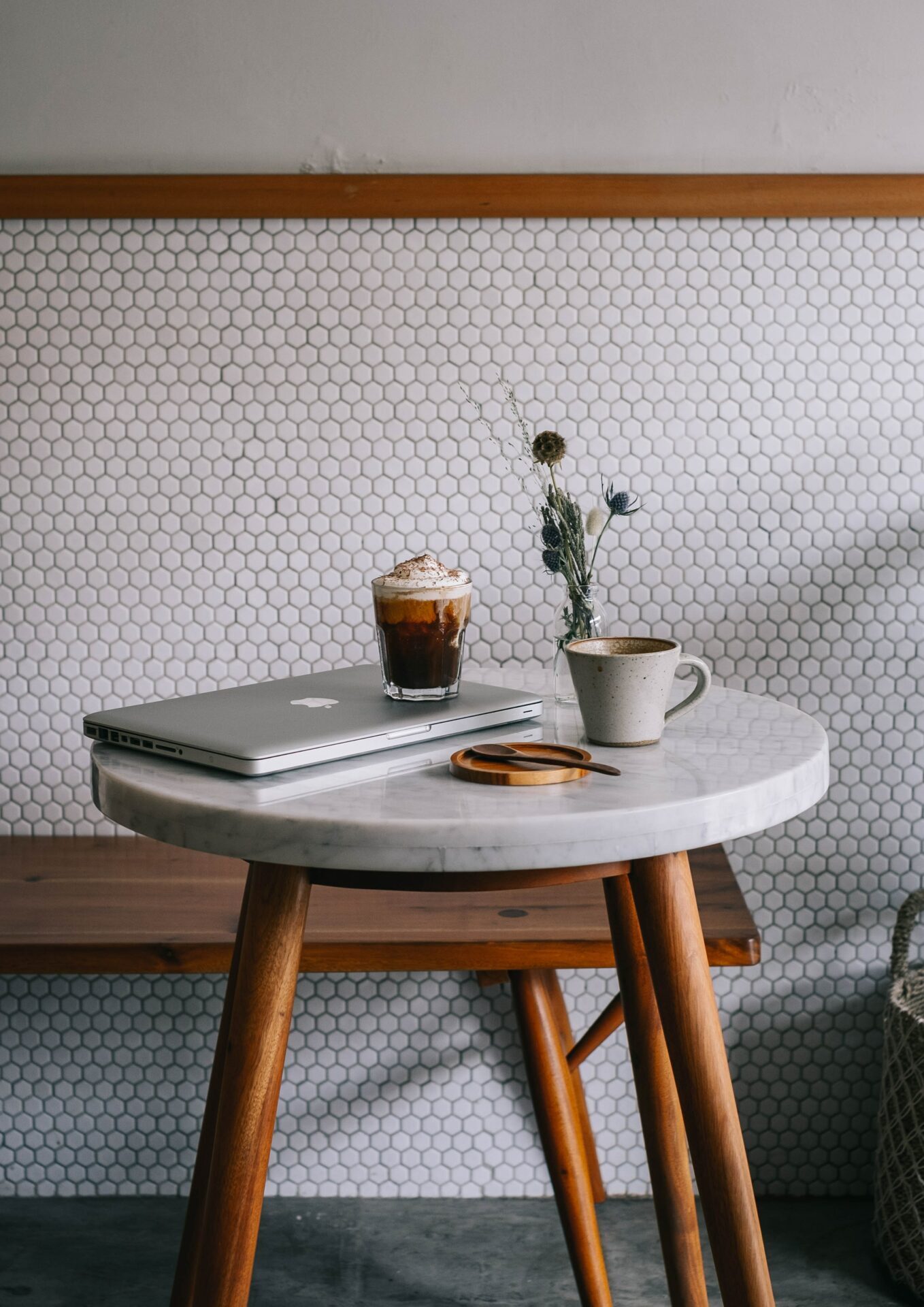

LAGOM (Swedish, pronounced ”law-gum”) represents the concept encouraging harmony and living somewhere in the middle. Lagom means not too little, not too much, just the right amount creating a sense of harmony. It implies moderation, stress reduction, and helps to find the perfect balance between work and play.
It is one of the Scandinavian secrets to become happy: do not obsess about things! The Swedes implement Lagom in their everyday lives – in what they eat, what they wear, how they live, who they communicate with, how they work. Lagom encourages to slow down, take more time out, and relax!
GLUGGAVEÐUR (Icelandic, pronounced ”glook-ah-vay-ther”) describes the process of enjoying the weather that is pleasant to look at through the window but not nice to be out in. Like heavy rain, for example, which is best appreciated from indoors – and we have plenty of that in Brussels.

PEISKOS (Norwegian, pronounced “peis-kos”) expressing pleasant feelings when we sit in front of a fire enjoying its warmth.
Peiskos means a beautiful sensation while enjoying the warmth, the stillness, the soothing snaps, and cracks of the fire. It happens when the simple elegance of a fire creates a special feeling, a certain sort of peaceful, serene calm.
MORGENFRISK (Danish, pronounced “mor – gan – frisk”) is illustrating the feeling of waking up refreshed after a good night’s sleep. This is a very important concept emphasizing the significance good sleep plays in our well-being and comfort. All our guests experience Morgenfrisk when wake up in our beautiful rooms!



